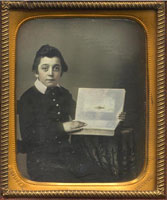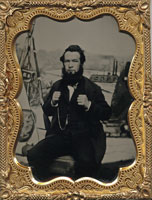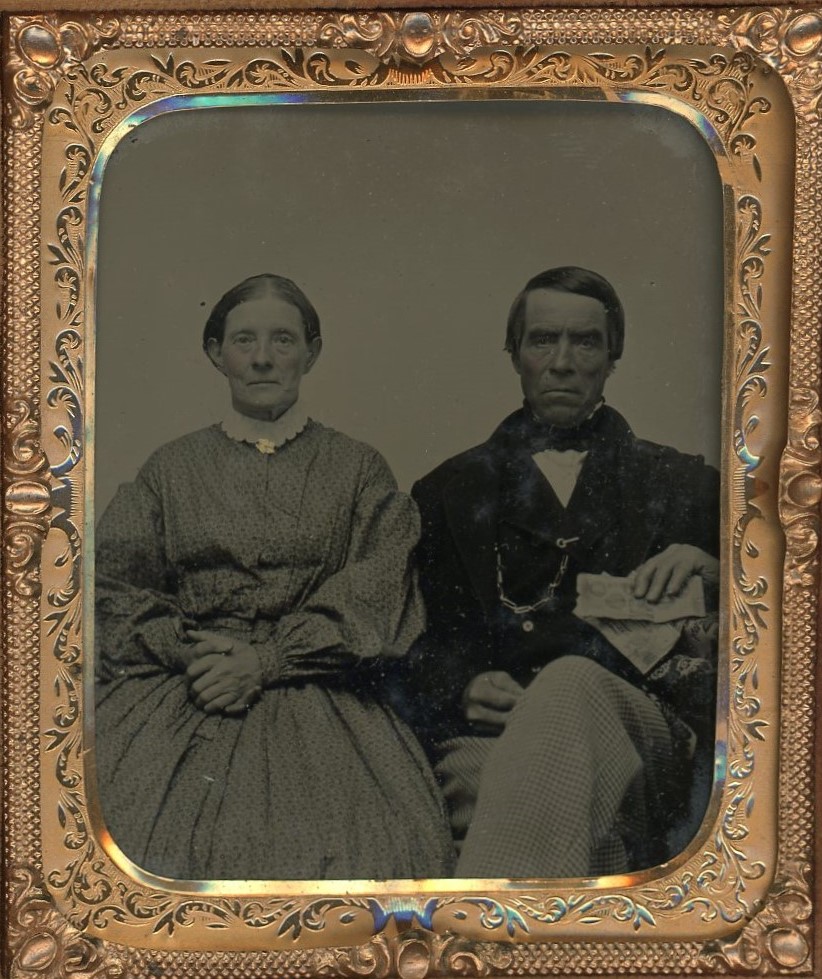Confederate General P. G. T.
Beauregard CS, "G. T. Beauregard.” 4"
x 1”
He rarely
used his first name as an adult. He signed correspondence as G. T. Beauregard. Pierre Gustave Toutant Beauregard was a Louisiana-born author, civil
servant, politician, inventor, and first prominent general for the
Confederacy. Beauregard was trained as a civil engineer at the United
States Military Academy and served with distinction as an engineer in the
Mexican-American War. Following an extremely brief tenure as the
superintendent of the Military Academy in 1861, he became the first Confederate
brigadier general and commanded the defenses of Charleston, South Carolina, for
the start of the Civil War at Fort Sumter on April 12, 1861. Three months
later he was the victor at the First Battle of Bull Run. Beauregard commanded
armies in the Western Theater, including the Battle of Shiloh in
Tennessee, and the Siege of Corinth in Northern Mississippi.
He returned to Charleston and defended it from repeated naval and land attacks
in 1863. His arguably greatest achievement was saving the city of
Petersburg, Virginia, and thus also the Confederate capital of Richmond, from
assaults by overwhelmingly superior Union Army forces in June of 1864.
However, his influence over Confederate strategy was marred by his poor
relationships with Confederate President Jefferson Davis and other
generals. In April 1865, Beauregard and his commander, General Joseph
E. Johnston, convinced Davis and the remaining cabinet members that the war
needed to end, and the majority of the remaining confederate armies were
surrendered to Sherman.



